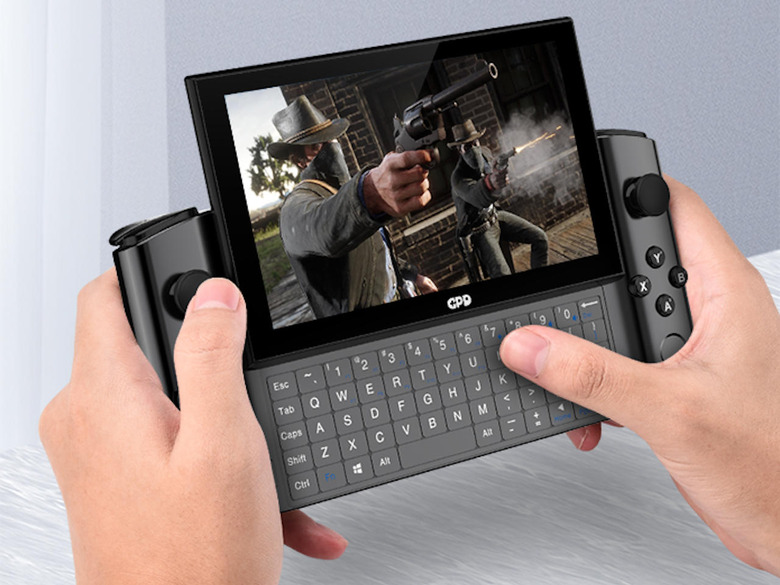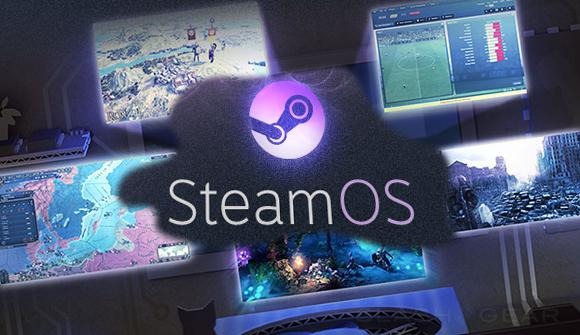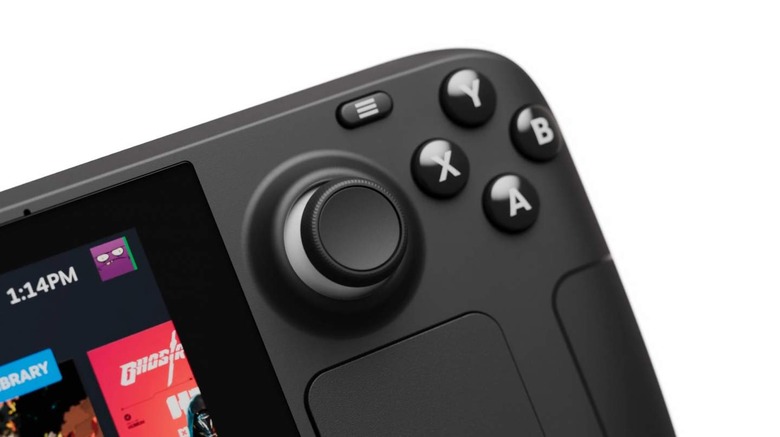Steam Deck Won't Flop Like Steam Machines
PC gamers might have felt a tad disappointed at the news that Valve is delaying its Steam Deck portable PC gaming machine to sometime in 2022. Of course, that wasn't exactly surprising given how other consumer electronics, especially computers and mobile devices, are facing production and shipment delays, but it still douses some cold water over the enthusiasm that has been building up towards the upcoming shopping and gaming seasons. Almost ironically, that can also serve to get gamers excited even more, especially after Valve continues to reveal some details that inspire confidence that the Steam Deck will not be a repeat of the ill-fated Steam Machine.
Handheld gaming is a thing (again)
Handheld gaming devices have been around for ages, though few can probably be considered to have garnered enough success to be worthy of being included in the annals of gaming history. The console side of the fence is filled with noteworthy examples like the original Nintendo Game Boy, the PlayStation Portable and the PS Vita, and, more recently, the Nintendo Switch. Handheld PCs have recently grown in number, but they are still relatively obscure compared to one that would bear the names of "Valve" and "Steam".
Perhaps partly thanks to the Nintendo Switch and partly due to the lucrative mobile games market, the idea of gaming on the go has gotten more mass appeal lately. PCs, however, have never really been portable except in the form of laptops, making the idea of handheld PC gaming more enticing these days. Especially when it's made by a reputable company with specs and featured geared towards gaming specifically.

Of course, this isn't Valve's first foray into PC gaming hardware, but it's probably one that is finally more relevant. Steam Machines and Steam OS failed on multiple fronts, but the biggest reason was that the proposition didn't offer anything truly unique and special. Almost any desktop gaming PC could be connected to a TV and a controller, and it would offer the same experience and even outperform some of the early Steam Machines. While there are a number of handheld gaming PCs from the likes of GPD, One Netbook, and even Chuwi, they don't carry the same weight as Valve's name, nor can they offer a tempting $400 starting price tag.
Valve is in control
The Steam Deck's specs might disappoint some, especially when you compare it to the likes of the GPD WIN 3, for example. The key difference, however, is that Valve is almost in control of every aspect of the Steam Deck experience, or at the very least, has enough clout to influence its development. We aren't talking about off-the-shelf PC components that any manufacturer can get their hands on but hardware that's been designed and tested to deliver a very specific handheld Steam experience.
Valve recently held a live stream that goes into more detail about the device's hardware, specifically the AMD chip that's specially designed for it. For example, everything about the hardware is fine-tuned to deliver consistent 720p gaming, whether the Steam Deck is plugged in or connected to a TV. The latter is where AMD's FidelityFX Super Resolution upscaling is utilized to output higher resolution graphics without actually going beyond 720p on the hardware level.
Almost ironically but very appropriately, the Steam Deck is still as open as any PC, with the ability to install Windows on it after the fact. The latter, in turn, could open the doors to other gaming platforms, like Microsoft xCloud, Google Stadia, and NVIDIA GeForce NOW, among other things. That said, heavy Steam users won't have to look to those rival platforms since they will have access to almost all the games that Valve's library has to offer.
Steam Proton
Part of the Steam Machine's failure was blamed on Steam OS. Valve has long been a staunch supporter of Linux and for good reason, but it might have been too early for the company to put its eggs in that basket. Since then, however, Valve has worked tirelessly to bring Linux up to snuff in supporting Windows games available on Steam, which is where the newish Proton compatibility framework comes in.

It's still not perfect, of course, but Proton opened up a whole new world of games on Linux, games that previously wouldn't run even with the latest version of WINE ("WINE Is Not an Emulator"). There are still some compatibility issues as well, but Proton puts the burden in Valve's and the open source community's hands, freeing game publishers from having to specifically target Linux support.
The Catch: Controller versus Keyboard
The one probably small catch to this otherwise enchanting dream for PC gamers is the matter of input control. While many games are now available on both PCs and consoles, some are still defined by how they're controlled, with PCs better known for their keyboard and mouse controls. The Steam Deck's form factor makes that impossible, at least not without having to sit down and connect peripherals, immediately leaving a number of titles out in the cold.

Granted, some of those games might not exactly be good to play on the go, anyway. And, being a true PC, the possibility of accessories and addons to address those limitations is left wide open. Hopefully, Valve will be able to deliver on the promise of the Steam Deck and sell enough of it to warrant supporting the device in the years to come or maybe even have a Steam Deck 2.
